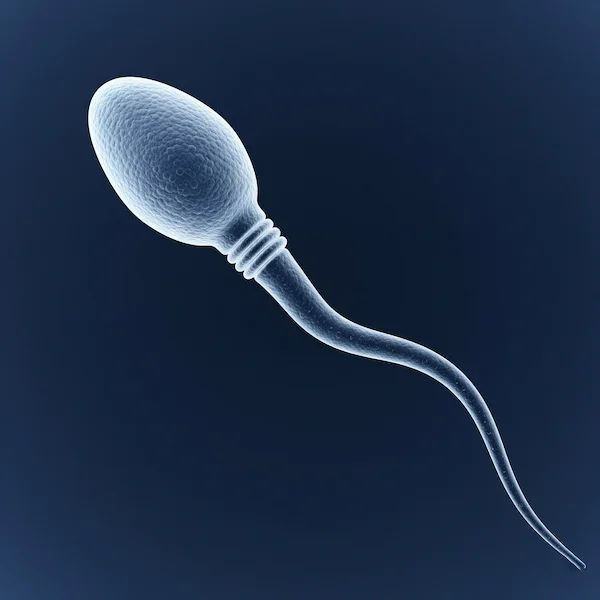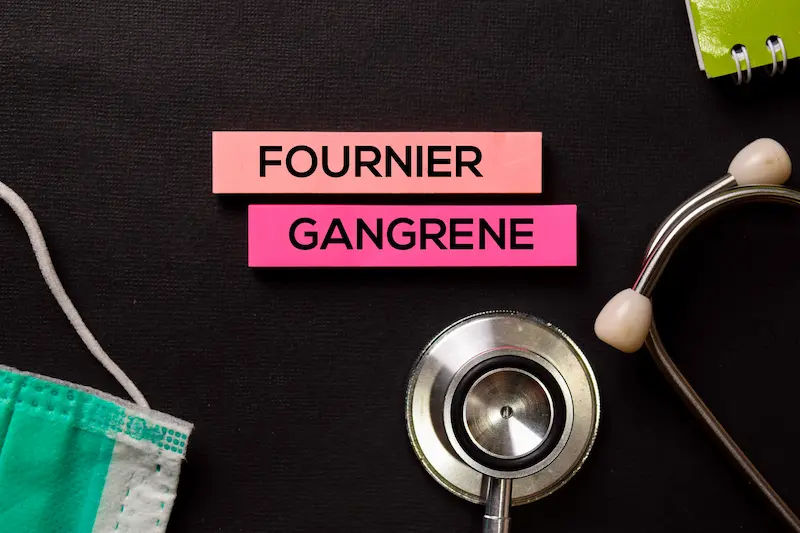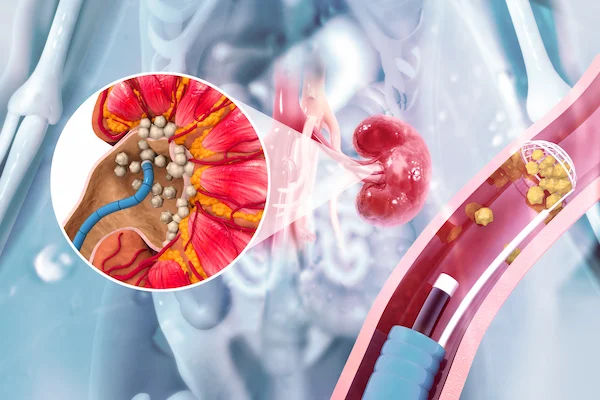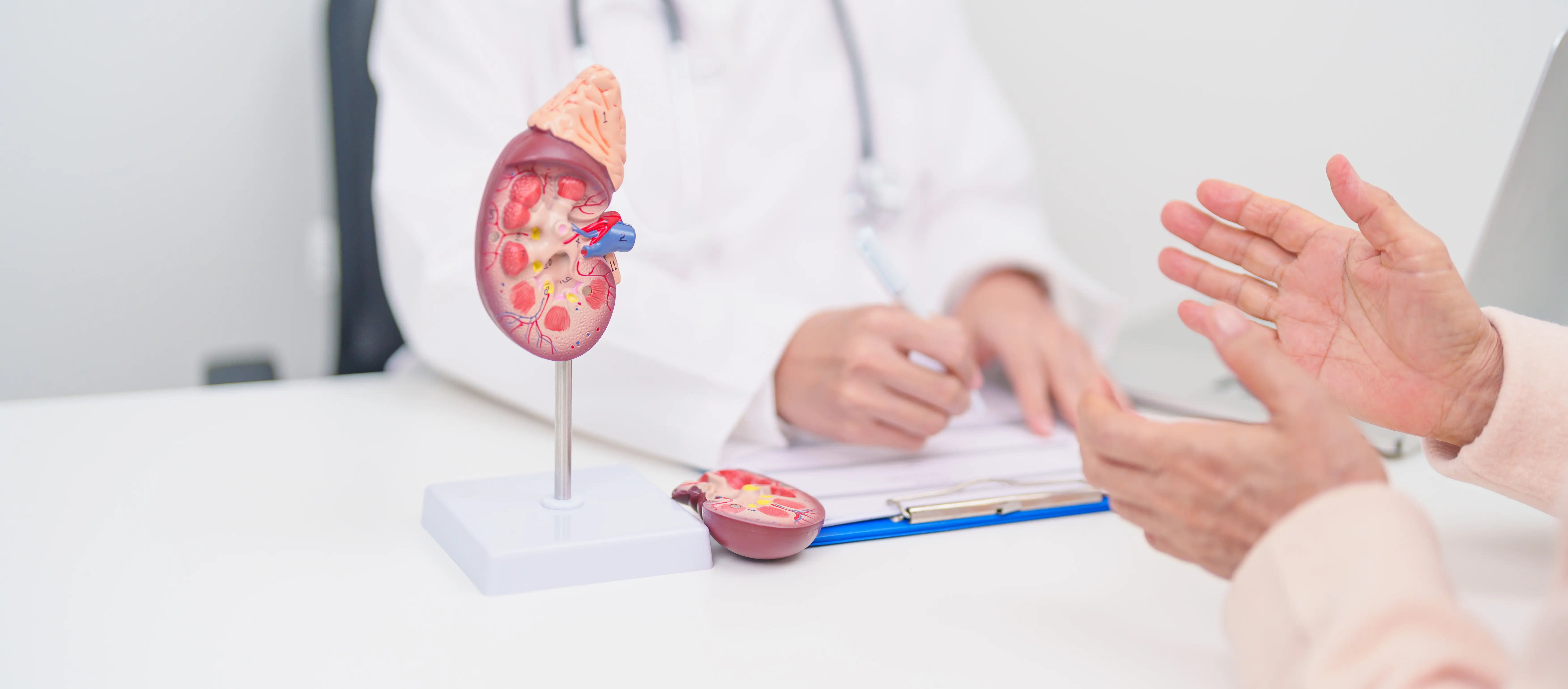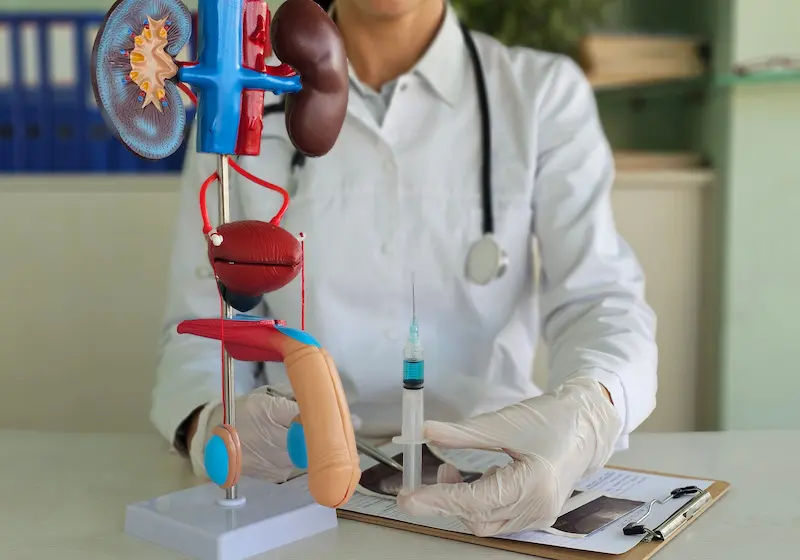- Male
- 36 Years
- 22/01/2025
It's been about 20 days since I had laser circumcision, and I still see a stitch on top. There's also some pain on the right side. How long does it usually take for the stitches to dissolve and everything to heal properly? I'm wondering if it's time to get a second opinion. Any advice or help would be appreciated!
Answered by 1 Apollo Doctors
It's common for stitches to take a little longer to dissolve after a circumcision, typically around 2-4 weeks, depending on the type of stitches used. If you're experiencing pain or if the stitch hasn't dissolved yet, it's a good idea to consult with your doctor for a follow-up to ensure proper healing and to rule out any complications. Don't hesitate to seek a second opinion for peace of mind.
Dr. Dhankecha Suggests...
Consult a Urologist
Answered 04/07/2025
0
0

More Urology Health Queries
View allI've recently been diagnosed with a 5mm kidney stone and a cyst in my testicle. Ever since I started taking Himalaya Cystone and homeopathic Berberis Vulgaris for them, I've been having some issues with erections. Is that normal? Should I be worried about these side effects?
Erectile issues are not typically caused by medications like **Himalaya Cystone** or **Berberis Vulgaris**, but stress or anxiety related to your kidney stone and testicular cyst diagnosis might contribute. If this persists, consult a doctor to rule out any underlying hormonal or vascular causes.
Answered by 1 Apollo Doctors
I'm wondering if guys experience bleeding when they have sex for the first time. And if they do, how long does it usually take to heal? Id appreciate your insight on this.
It is possible for some boys to experience minor bleeding during their first sexual intercourse, especially if there is not enough lubrication or if there is some tearing of the skin. This usually heals on its own within a few days to a week. To help with the healing process and reduce discomfort, you can use an over-the-counter antibiotic ointment like Neosporin and keep the area clean. If the bleeding persists or if there is excessive pain, it is important to seek medical advice
Answered by 1 Apollo Doctors
Can RIRS surgery be done for a 2.2 cm stone in the right kidney and a 2 cm stone in the left kidney? I'm a bit worried about the size and whether this procedure would work for me
conservative therapy is advised.
Answered by 1 Apollo Doctors
Disclaimer: Answers on Apollo 247 are not intended to replace your doctor advice. Always seek help of a professional doctor in case of an medical emergency or ailment.

